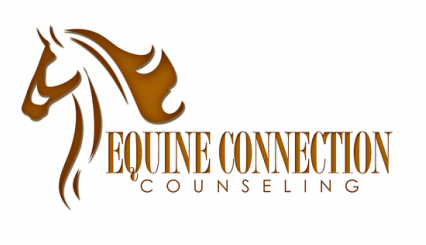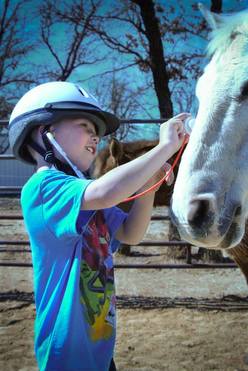First, communicate consequences so that the child understands they are responsible for their own choices. The great thing about establishing consequences like this is that they can be delivered in a way that takes the parent/caregiver out of the position of being the “bad guy.” Instead of saying, “I’m grounding you” (which makes it about you, the parent/caregiver), you might tell them:
“By choosing to continue hitting me, you are choosing to lose video game time today.”
Remember that children’s brains comprehend things differently than adult brains. The younger the child is, the more immediate and short-term the consequence should be. It won’t make sense to a 4 year old why something they did on Tuesday means they can’t play video games on Friday. Allow every day to be a new day and expect the best from your child. If they lost video game privileges on Tuesday, assume they have them back on Wednesday unless they hit you again on Wednesday. Then go through the steps of A-C-T and offer consequences if the child continues to hit you.
Older children and teens are better able to understand long-term consequences, but try to keep the consequence in proportion to the behavior. For example, two weeks without the car might not be appropriate for coming home 15 minutes after curfew one time, but it might be appropriate if they come home an hour after curfew several nights a week. Remember to phrase it in a way that emphasizes the teen’s responsibility in the situation:
“By choosing to come home after curfew the last three nights, you chose to not have the car for the rest of the week.”
Sometimes the consequence you tried to give was not effective in stopping the child’s behavior. If you were firm and consistent when communicating the limit and doling out the consequence, it may be necessary to try a different consequence. A child may not be affected by losing TV time but they might think twice about hitting if they know they will lose a particular toy for the rest of the day. Some older children and teens may feel more responsible for their actions if they help to choose the consequences. If there are certain behaviors they engage in frequently (such as not finishing homework or staying out past curfew), try sitting down with them and coming up with appropriate consequences together. This can encourage them to be more mindful of their actions and responsible for the consequences.
A-C-T limit setting and consequences are meant to teach children self-regulation and responsibility. By learning to take ownership of their mistakes, your children can grow into confident and resilient adults.
This post is for informational purposes only. It should not be considered to be counseling or a replacement for mental health treatment from a licensed professional. We encourage all parents and caregivers to seek services from an appropriately credentialed therapist to address concerns about your child's behavior or demeanor.




 RSS Feed
RSS Feed
